THE WARSAW INSTITUTE REVIEW / ISSUES / no. 1/2020
CONTENTS
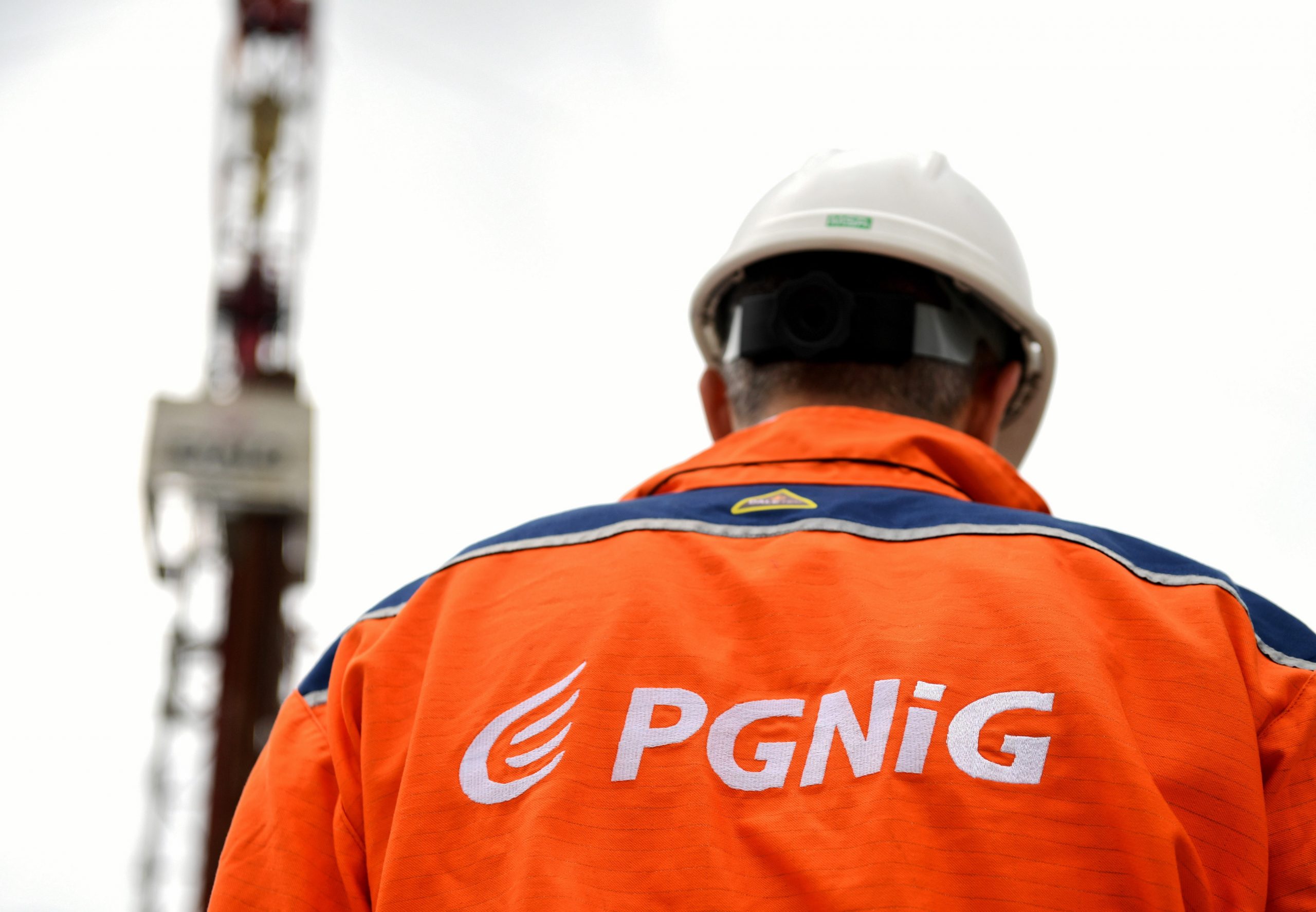
Poland wins in the Arbitration with Gazprom over the price of natural gas
PGNiG, a gas champion overseen by the Polish Government, has won USD 1.5 billion in the arbitration in Stockholm. This is arguably one of the most remarkable victories in an international dispute for liberated Poland in over 30 years.
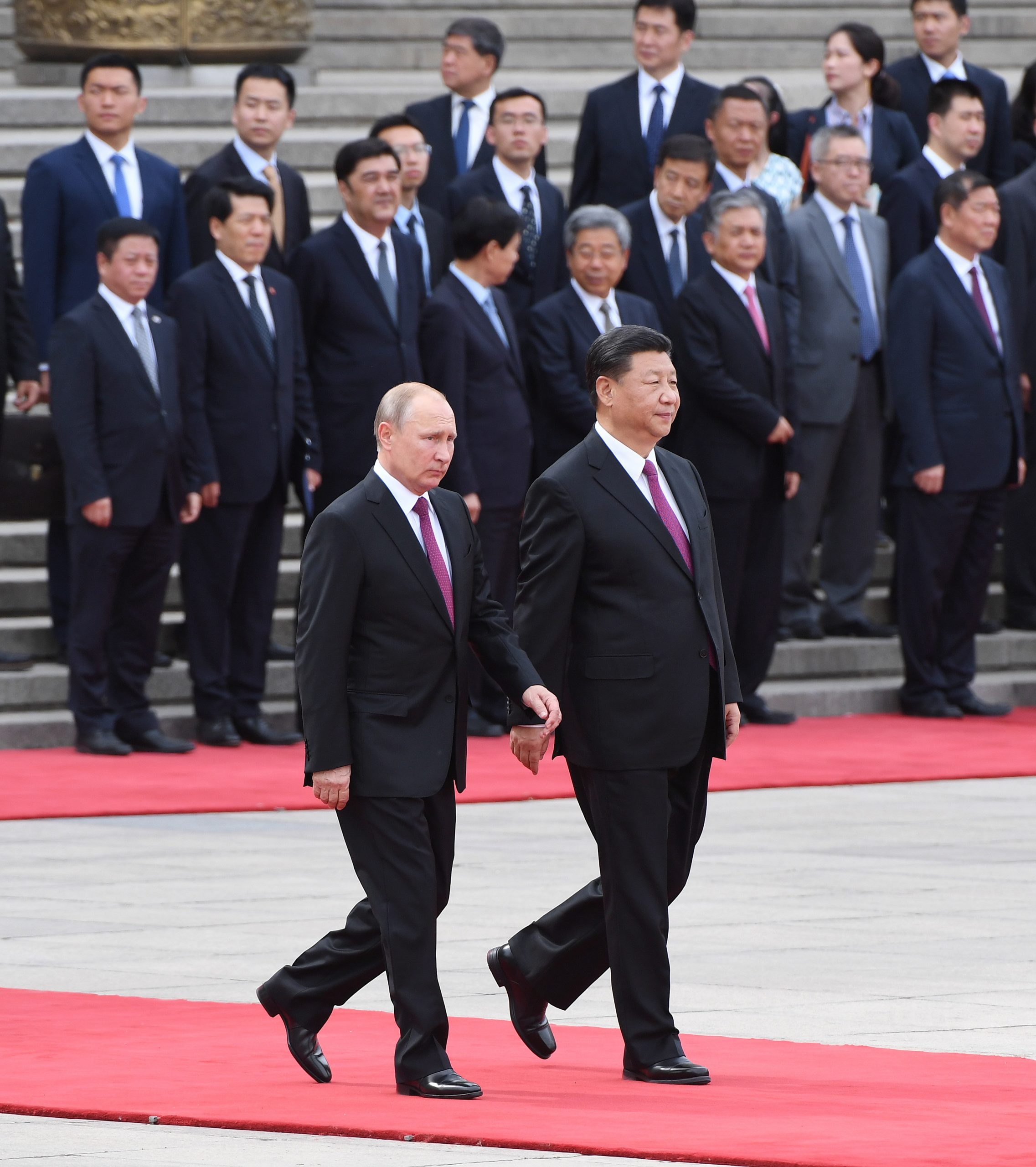
Russia-China: a limited liability military alliance
Over the last decades, Moscow and Beijing have strengthened their military relationship. This partnership, however, should not be described as a traditional alliance. China particularly avoids this kind of wording.
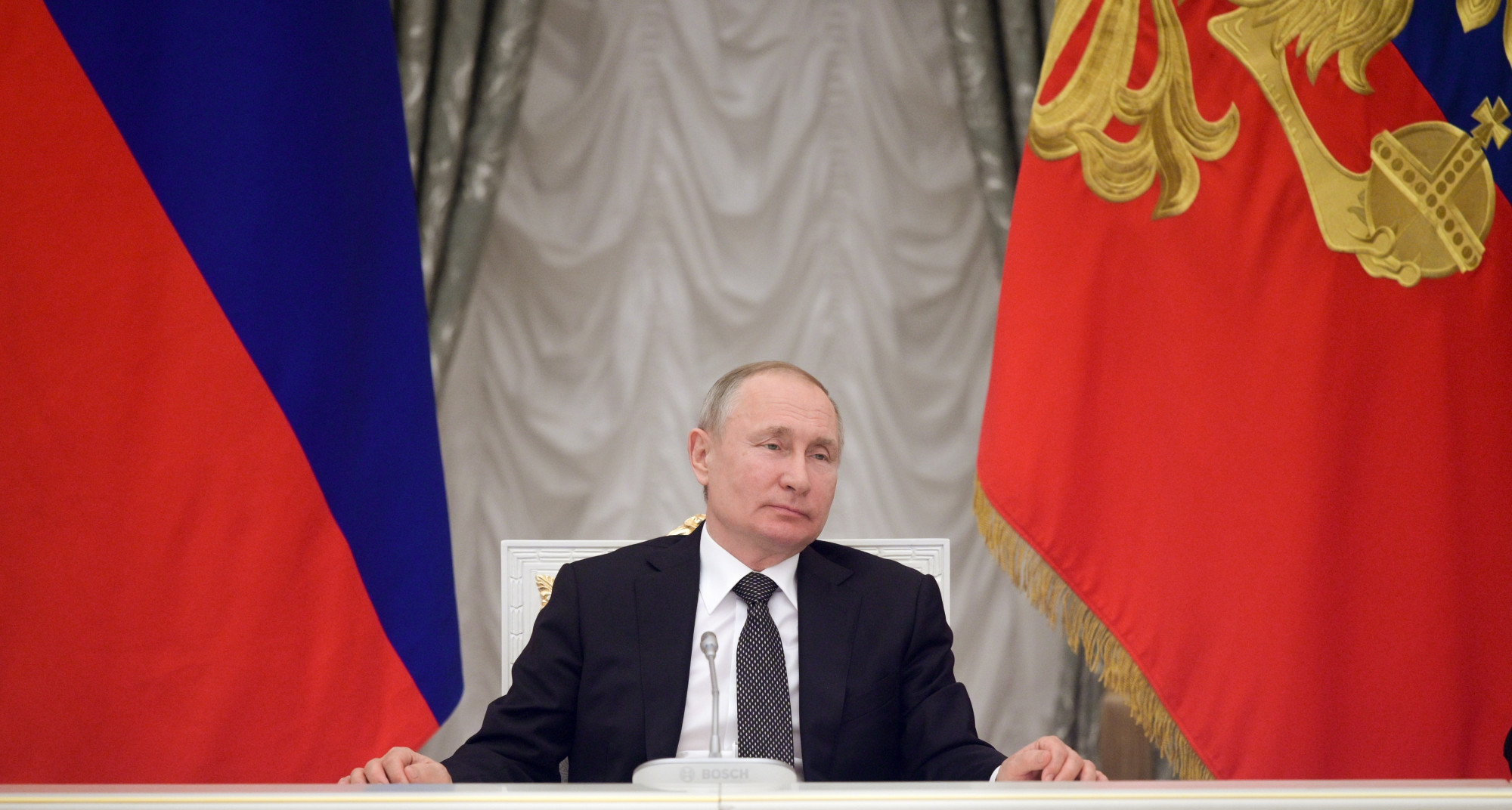
An Alternative History Created by the Kremlin
History is one of the areas in which Moscow is applying its ‘active measures’ to undermine the unity of NATO and the EU, as well as to weaken the countries which are clearly opposing Russia’s aggressive policy in Central and Eastern Europe.
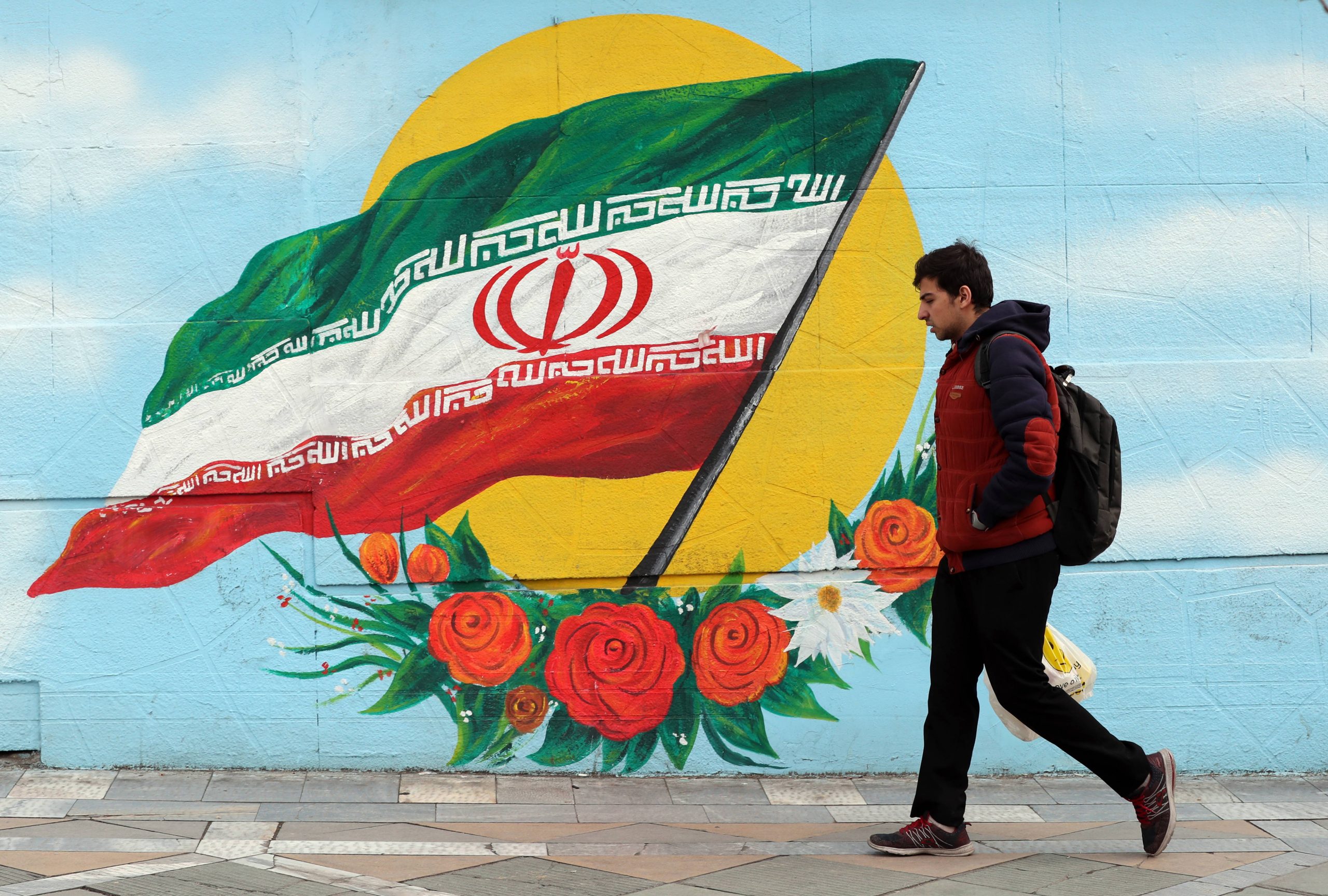
Aggression or collective security: HOPE, another face of Iran
Iran is accused of conducting an aggressive foreign policy and being the biggest, and sometimes even the only, force destabilizing the Middle East. Iranian diplomacy, however, is trying to shape a completely different image of their country.

Giants Built on the Fundamentals of Economic Patriotism
A conscious choice of domestic products and services by consumers can be a driving force for the rapid development of the economy, building synergies between local companies, and the expansion of these companies onto global markets.
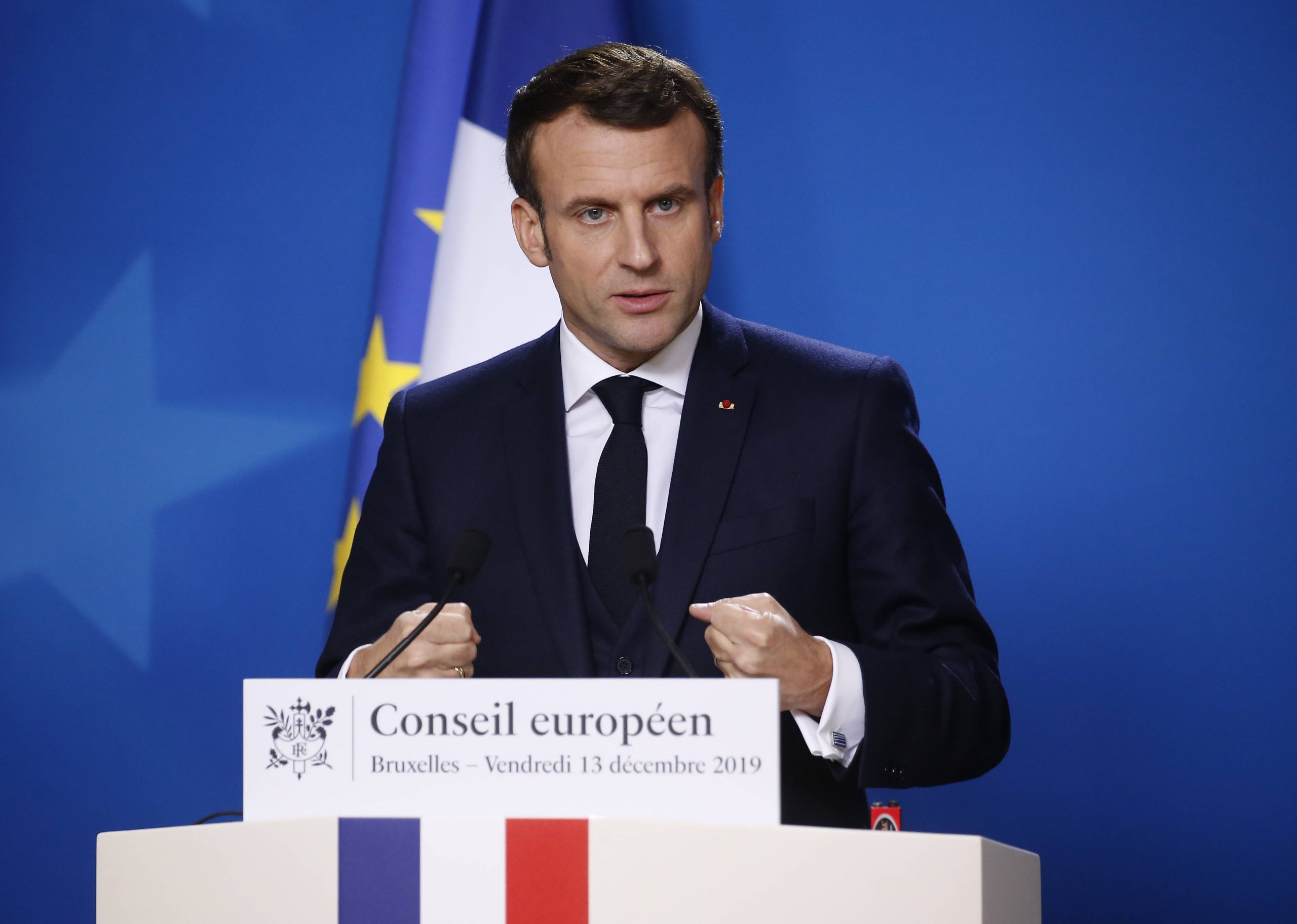
The French Vision of Europe’s Future
The UK’s exit from the EU has become a strategic opportunity for the French elite to push their own vision of European integration. Another call for the political offensive is the weakness of Germany, which is currently facing problems in its own backyard.

The Indo-Pacific: Still Under Construction
The Indo-Pacific, already a concept that attracted interest in foreign policy circles, increased significantly in importance after it was included in the 2017 US National Security Strategy and the 2018 Defence Strategy.
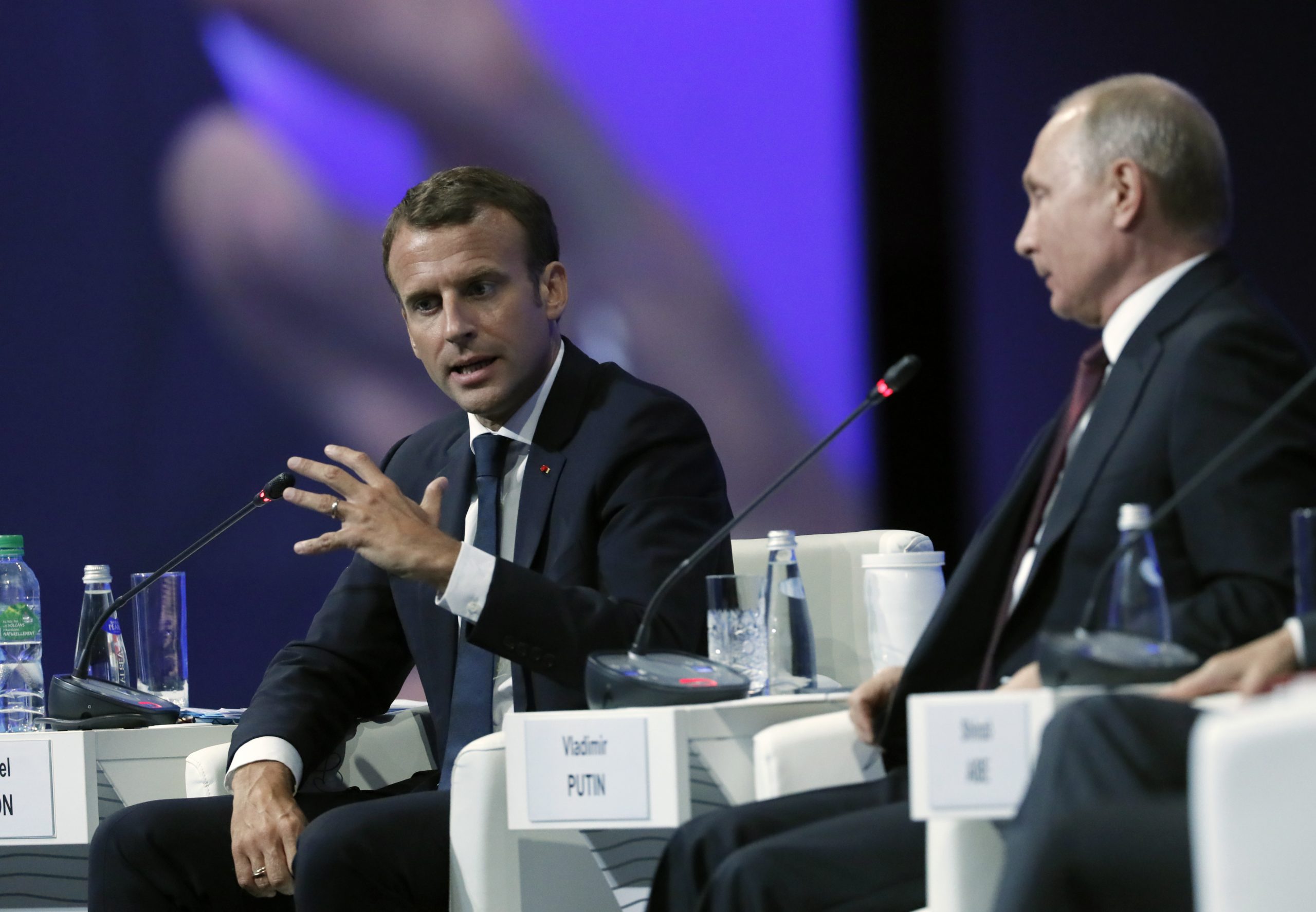
Emmanuel Macron and French-Russian relations in times of crisis in international alliances
Emmanuel Macron has never really taken an anti-Russian stance, even though this is the image of the French president that the Russian media have repeatedly presented. When he was Minister of the Economy and Industry, he advocated that the sanctions against Russia should be lifted, and two weeks after he became President, he invited Vladimir Putin to Versailles.
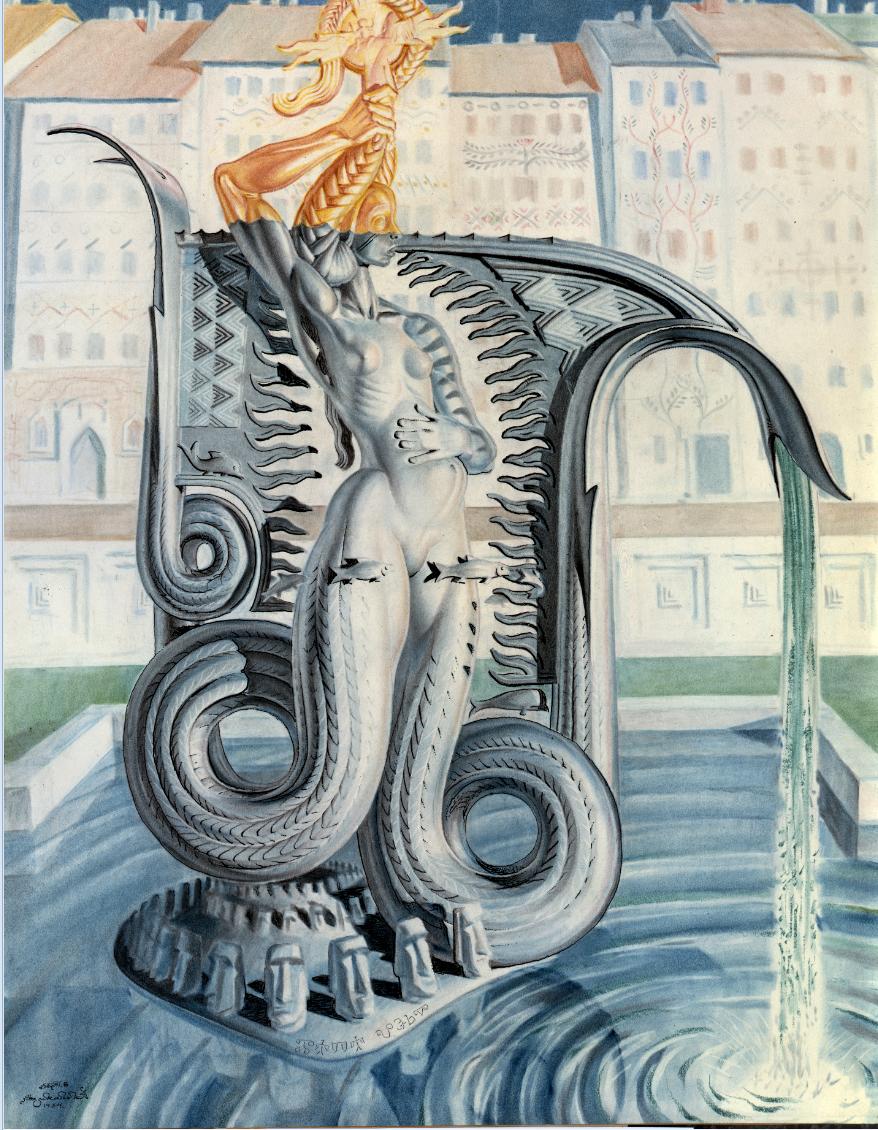
Stanislav Szukalski: The Human Riddle
A plethora of creatives from Eastern and Central Europe electrified the arts world in the first half of the 20th century. In a part of the globe where the legacy of empires was profound and where the social order would upend itself repeatedly until the onset of the Cold War, mutiny was in the air.
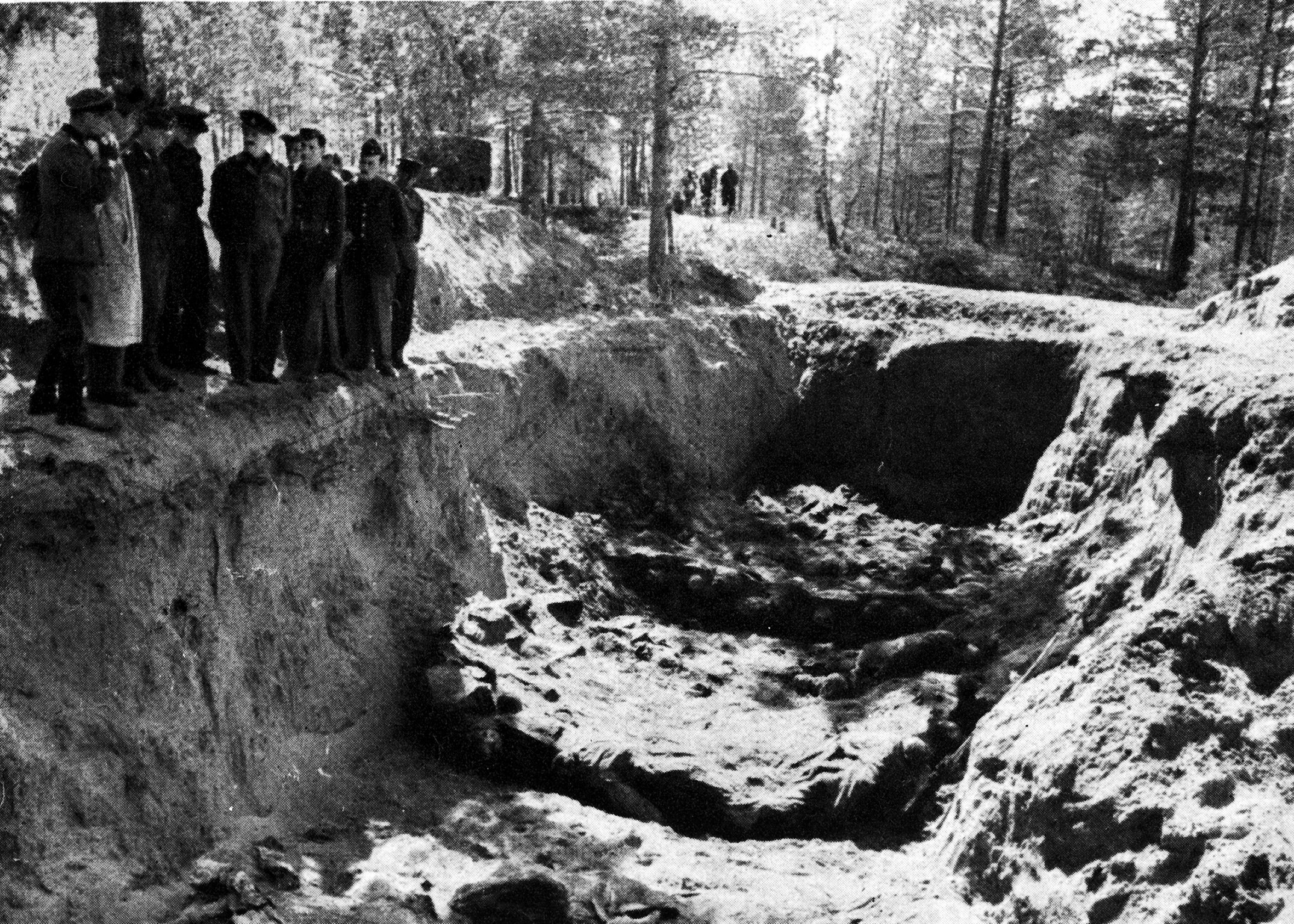
The Katyn Massacre – Mechanisms of Genocide
80 years ago, on March 5, 1940, a decision was made at the highest level of the Soviet authorities, from which the NKVD murdered nearly 22 thousand Polish citizens.
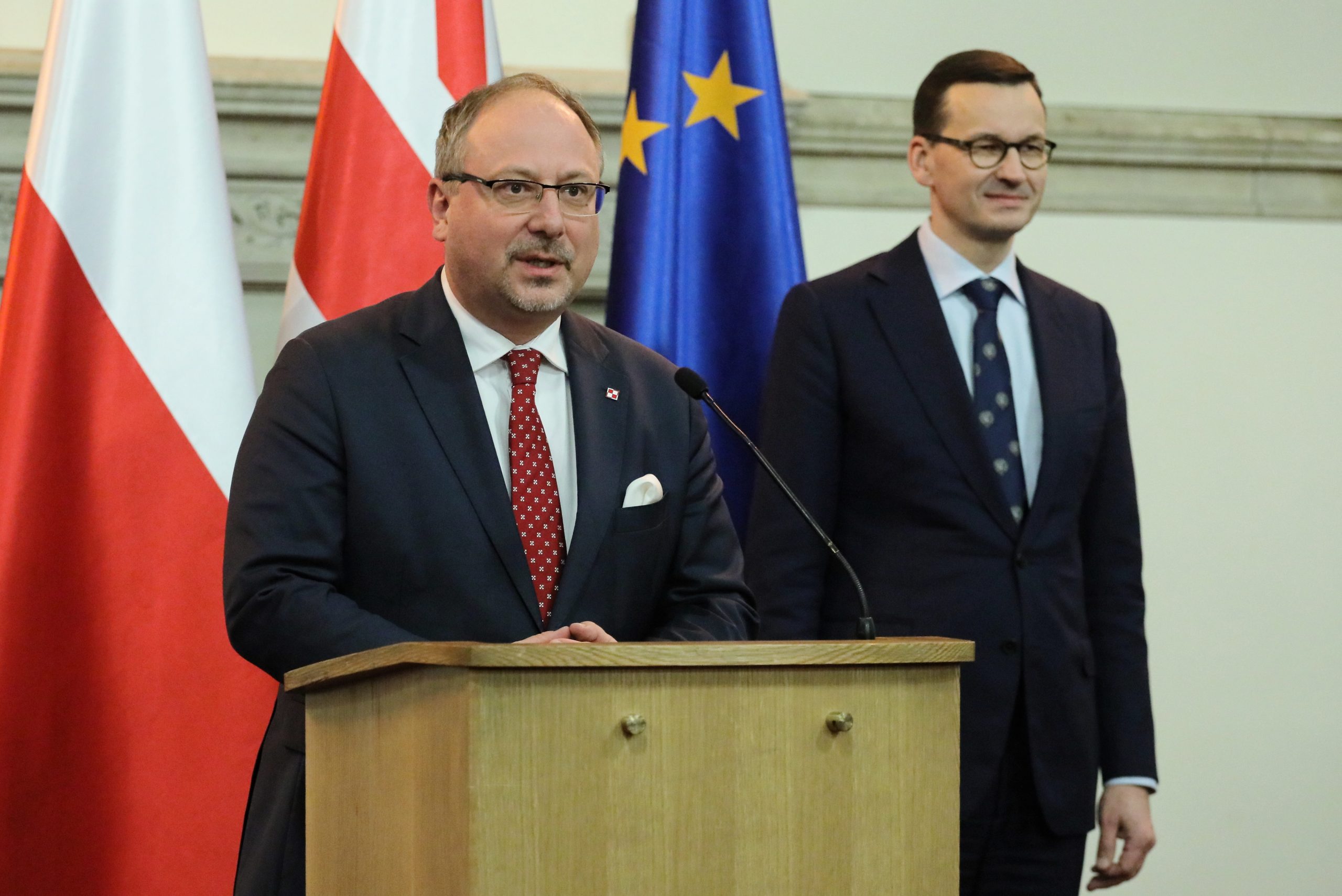
New chapter: Poland – UK relations after Brexit
We invite you to read the interview with the Ambassador Extraordinary and Plenipotentiary of the Republic of Poland to the Court of St. James’s, Prof. Arkady Józef Rzegocki.

The New Rules of the Central European Game
Besides the threat of a coronavirus pandemic, it is hard not to get the impression that Central Europe is becoming an increasingly important region in the power struggle of the world’s most influential countries.

















